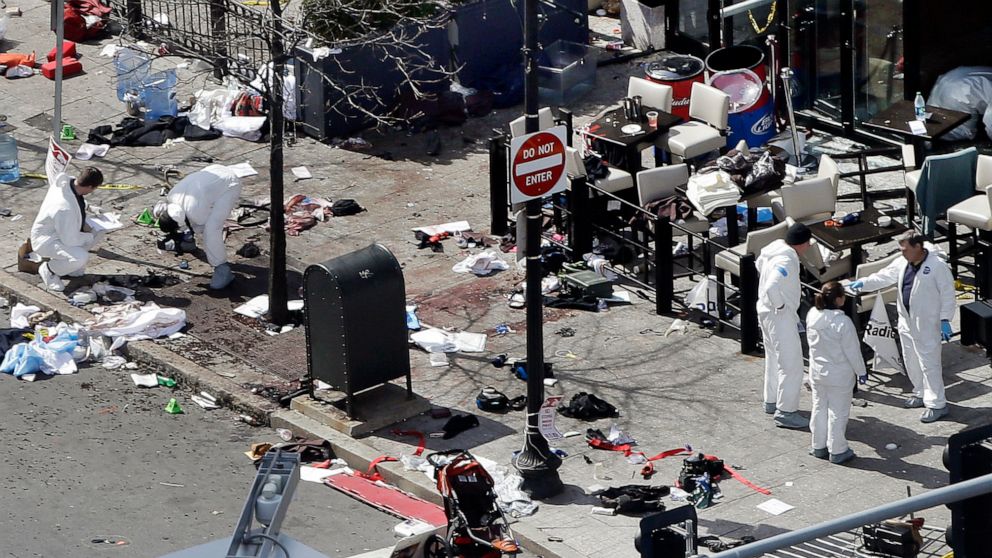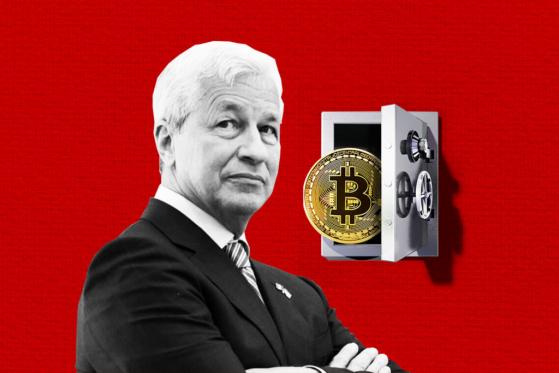Issued on: 13/10/2021

Moscow (AFP)
Russia on Wednesday appointed a staunch supporter of Moscow's annexation of Crimea as its ambassador to the Cape Verde Islands, a move observers say shows her fall from the Kremlin's favour.
Natalya Poklonskaya became the top prosecutor for Crimea after breaking with authorities in Kiev following Moscow's takeover of the peninsula from Ukraine in 2014.
Although Poklonskaya was a lawmaker in the lower house for the ruling party between 2016 and 2021, Russian media said the Kremlin did not want her to pursue another term because of her voting record and "extravagant" statements.
Poklonskaya was the only United Russia member to oppose a highly unpopular pension age hike in 2018.
According to a decree from President Vladimir Putin, Poklonskaya, 41, will head Russia's embassy in Cape Verde, a Portuguese-speaking archipelago off the western coast of Africa with a population of around 550,000 people.
In a post on Instagram, Poklonskaya said the appointment was a "great honour and responsibility" for her.
During her tenure as prosecutor, Poklonskaya became Russia's youngest female general at 35 and stood out with her youthful looks and soft voice combined with sometimes uncompromising language.
She gained a huge internet following, especially in Japan, where she became a popular character in anime and manga art.
Her first news conference, where she appeared in a prosecutor's uniform and tie, hit over one million views on YouTube.
She is subject to EU and US sanctions imposed over her involvement in Crimea and the crackdown on Crimean Tatars, a predominantly Muslim ethnic minority that mostly opposed the annexation.
She is also a fan of Russia's last Tsar Nicholas II, who was executed in 1918, and once carried his portrait during a World War II victory parade.
© 2021 AFP









